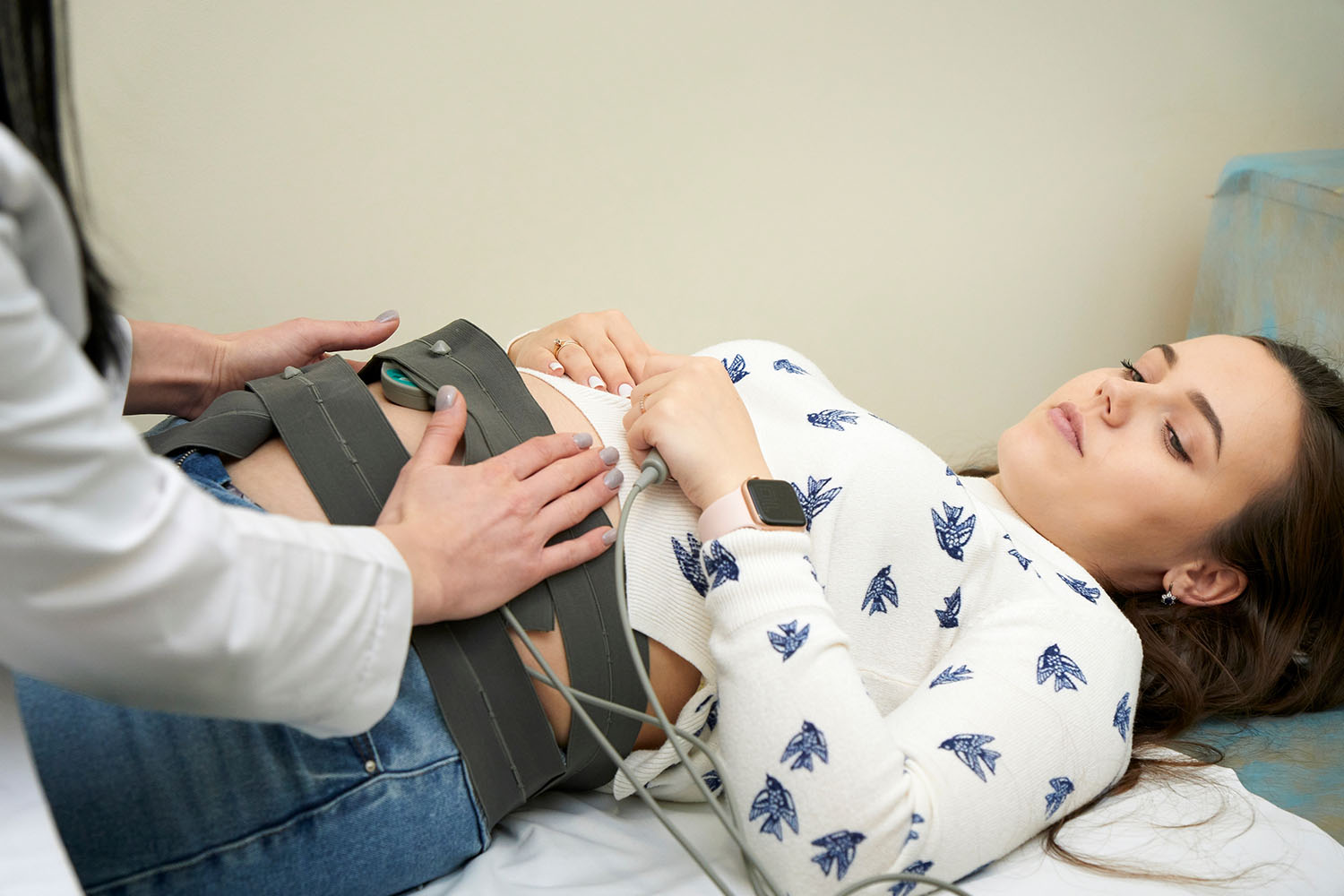Overview
Expecting a baby is a joyous occasion, filled with anticipation and excitement. Among the many prenatal tests and scans, one crucial diagnostic tool that stands out is the Fetal Echo Scan. This specialized ultrasound test plays a vital role in assessing the heart health of the unborn baby, ensuring timely detection and management of potential congenital heart defects. In this blog, we will delve into the significance of Fetal Echo Scans, supported by international research and facts.
What is a Fetal Echo Scan?
A Fetal Echo Scan, also known as fetal echocardiography, is a detailed ultrasound examination of the fetal heart. It is typically performed between 18 to 24 weeks of pregnancy, although it can be done earlier if there are specific indications. This scan provides a comprehensive view of the fetal heart’s structure and function, helping to identify any abnormalities that might affect the baby’s health.
Why is a Fetal Echo Scan Important?
Congenital heart defects (CHDs) are the most common birth defects, affecting approximately 1% of live births globally. Early detection of these defects is crucial for several reasons:
- Timely Intervention: Early diagnosis allows for better planning and management, including in utero interventions if necessary. This can significantly improve outcomes for the baby.
- Informed Decision Making: Expectant parents can make informed decisions about their baby’s care, including the choice of delivery location and necessary medical support immediately after birth.
- Monitoring and Management: Regular monitoring and appropriate medical management can prevent complications during pregnancy and improve the baby’s chances of a healthy life post-birth.
International Research and Findings
Several studies and research projects have highlighted the importance of Fetal Echo Scans in prenatal care. Here are some key findings:
- Accuracy and Reliability: According to a study published in the journal Circulation, fetal echocardiography has a high accuracy rate in diagnosing CHDs. The study reported a sensitivity of 85% and a specificity of 99%, indicating that this scan is a reliable tool for detecting heart abnormalities in fetuses.
- Improved Outcomes: Research conducted by the American Heart Association found that early detection of CHDs through Fetal Echo Scans led to improved surgical outcomes and reduced mortality rates. Babies diagnosed prenatally had a better chance of receiving timely surgical interventions.
- Parental Preparedness: A study published in the Journal of Ultrasound in Medicine emphasized the psychological benefits for parents. Knowing about a potential heart defect before birth allowed parents to prepare emotionally and practically, leading to better coping mechanisms and reduced anxiety.
When is a Fetal Echo Scan Recommended?
A Fetal Echo Scan is typically recommended in the following situations:
- Family History: If there is a family history of congenital heart defects or genetic conditions associated with heart problems.
- Maternal Health Conditions: Conditions like diabetes, lupus, or phenylketonuria in the mother can increase the risk of CHDs in the baby.
- Abnormal Ultrasound Findings: If a routine ultrasound detects potential heart anomalies, a more detailed Fetal Echo Scan may be necessary.
- Infections During Pregnancy: Infections like rubella or cytomegalovirus during pregnancy can affect the baby’s heart development.
The Procedure: What to Expect
A Fetal Echo Scan is a non-invasive and painless procedure. Here’s what to expect during the scan:
- Preparation: No special preparation is needed. You may be asked to drink water before the scan to ensure a full bladder, which provides better imaging.
- During the Scan: You will lie down on an examination table, and a gel will be applied to your abdomen. The sonographer will use a transducer to send sound waves into the uterus, creating detailed images of the fetal heart.
- Duration: The scan usually takes between 30 minutes to an hour, depending on the complexity of the heart’s anatomy and the position of the fetus.
- Results: A specialist in fetal cardiology will interpret the results and discuss them with you, outlining any findings and possible next steps.
The Fetal Echo Scan is an essential part of prenatal care, providing valuable insights into the heart health of the unborn baby. With its high accuracy and the ability to detect congenital heart defects early, this scan plays a pivotal role in ensuring the well-being of both the mother and the baby. Supported by international research, the significance of Fetal Echo Scans cannot be overstated, as they pave the way for timely interventions, informed decision-making, and improved outcomes for newborns with heart conditions.
Embracing the advancements in prenatal diagnostics, expectant parents can feel reassured knowing that tools like the Fetal Echo Scan are available to safeguard the health of their little one right from the start.




